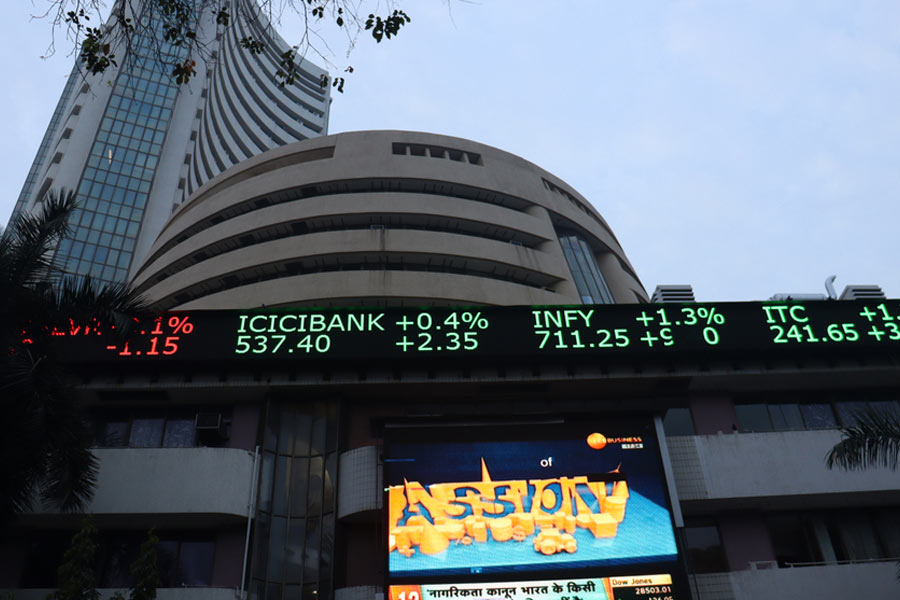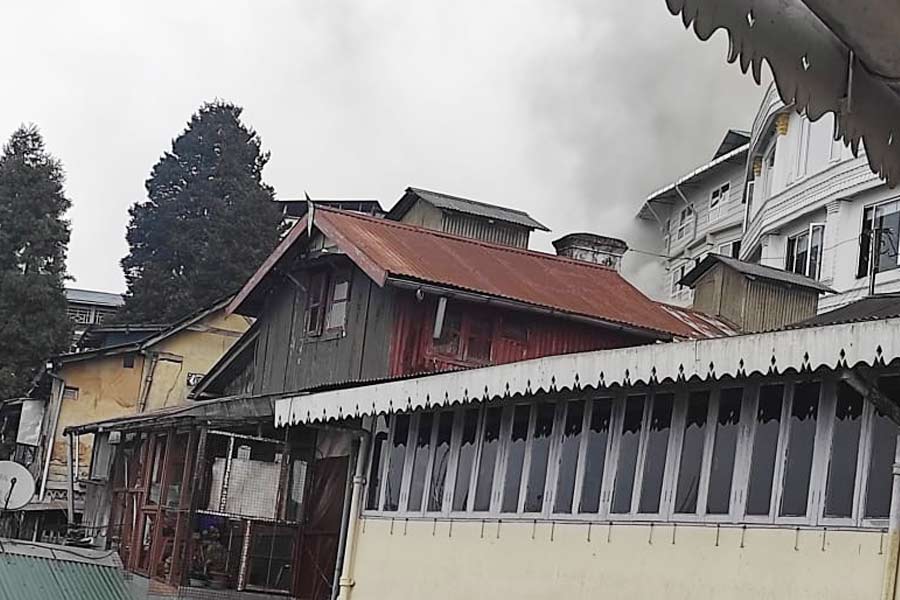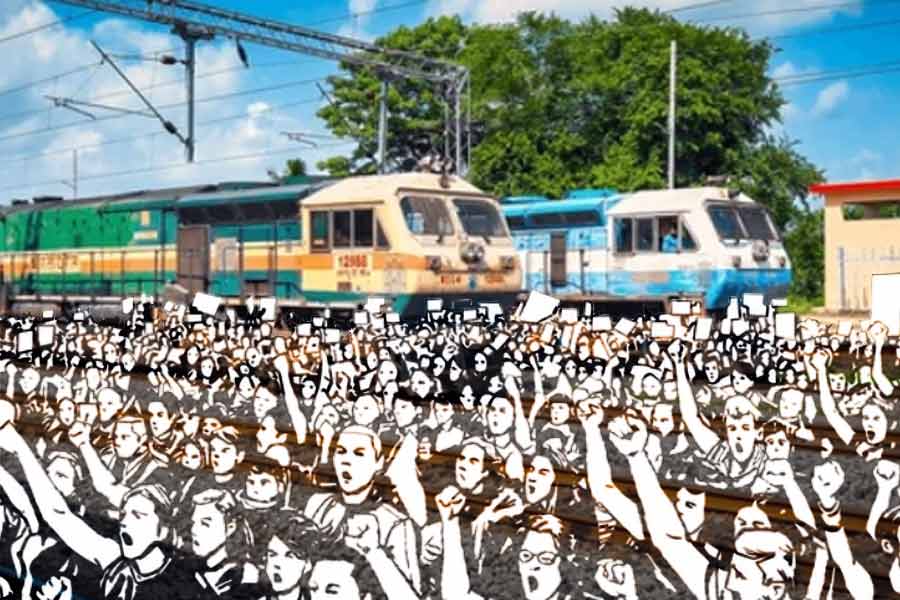The Narendra Modi Government won’t be pleased to hear this: some brokerages have started painting a scenario that envisions a throwback to 2004 – no matter how bizarre or remote that Black Swan event may sound.
And in such an eventuality, they have started to assess how that might affect markets, sectors and specific stocks.
Until now, the markets had been pretty confident that Modi would return with a handsome majority. The only quibble was over the number of seats that the BJP and the NDA alliance would win. Mid-way through the electoral process, some doubts about a massive BJP win have started to creep in.
Some brokeages are now hunkering down to consider the prospect of a regime change as well. Prabhudas Lilladher said in a report that the bourses have been nervous from the past couple of weeks and a sustained volatility towards the June 4 result seems likely.
“Fear around a repeat of (an) UPA victory in 2004 is making markets nervous,’’ Prabhudas Lilladher analyst Amnish Aggarwal in its India Strategy report on mandate 2024.
If the INDIA Alliance storms to power, there will be a de-rating in the markets and specific sectors like defence, capital goods, tourism, PSUs (including banks), drones, asset management companies (AMC), wires & cables, plastic pipes and EMS (electronics manufacturing services) will be clobbered.
However, FMCG, retail, two-wheelers, passenger vehicles (entry level), tractors, real estate, logistics and consumer durables will benefit.
The brokerage feels that investors can also bet on certain defensives in both the scenarios. Here they could look at sectors like FMCG, auto, pharma, hospitals, IT services and private banks among others.
Meanwhile, a Bernstein report said: “Barely 15 days back, everyone thought these elections were a non-event, with the outcome more or less certain. Even after the completion of phase 1, the opinion polls’ expectation of a heavy victory for the incumbent NDA government was well ingrained, with 370-400 seats looking like a good possibility.”
However, the brokerage pointed out that they are now getting far more queries on that number than what they got back then. “From rapidly changing narratives to controversial speeches, the sense of unease is growing,” said analysts Venugopal Garre and Nikhil Arela.
“Looking at the data of all general elections since 1999, we assume that the core voter base of both parties would be around 18-20 per cent, as this is the minimum vote share both parties have, even at their worst - INC in 2019 and BJP in 2009. The election outcome was mainly decided by the swing voters, who overwhelmingly voted for BJP in 2014 and 2019,” they said.











